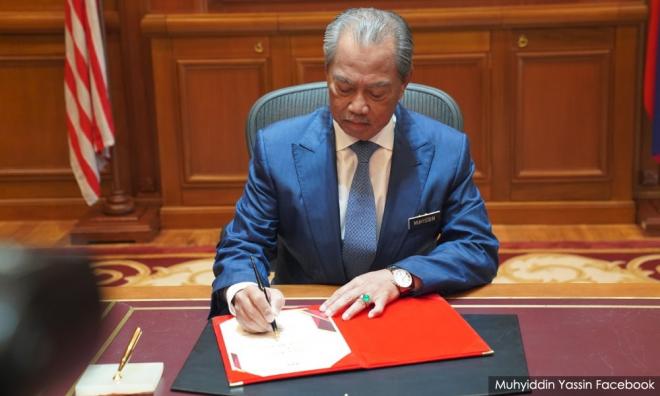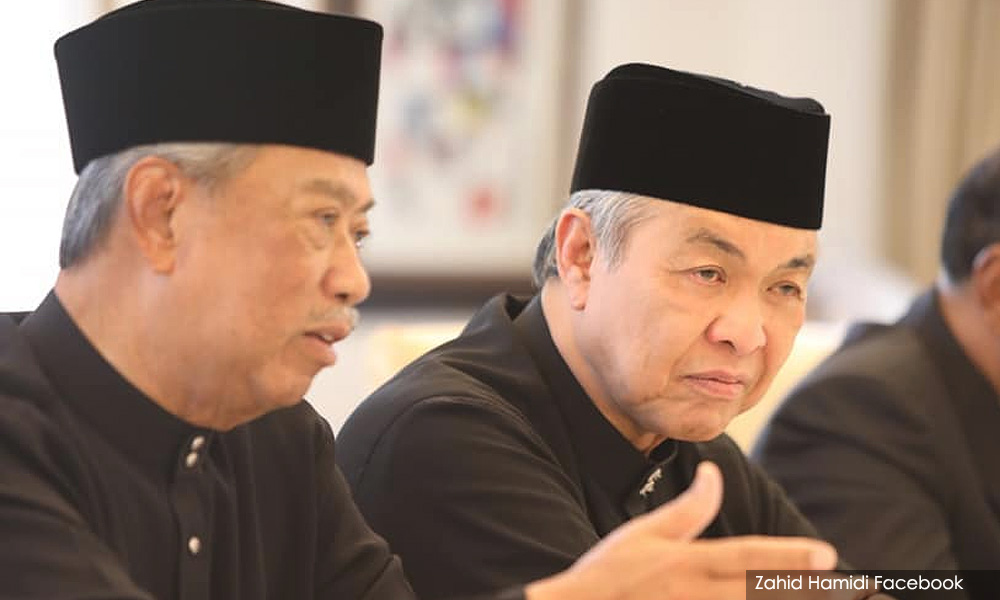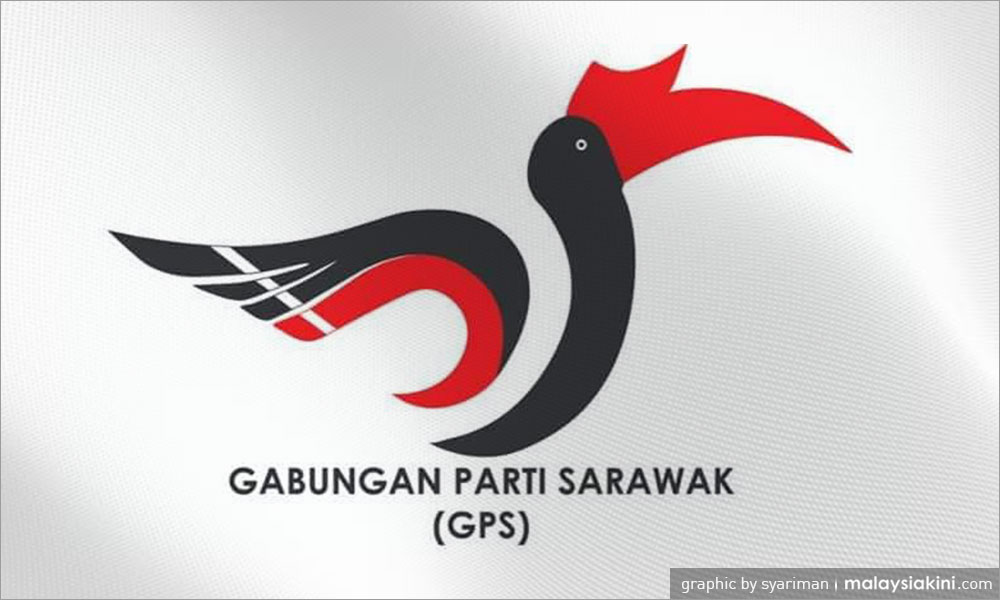
ANALYSIS | In Prime Minister Muhyiddin Yassin's inaugural speech on Monday night may have briefly outlined the direction of his administration, but nothing was said of his relationship with his new allies.
Currently, there are four major factions in his government.
The first is Muhyiddin's own party Bersatu (30 MPs), followed by Umno (39 MPs), PAS (18 MPs) and finally Gabungan Parti Sarawak (18 MPs). This article does not take the minor parties into account.
For Bersatu, they find themselves in familiar territory - heading a federal government without numerical superiority.
How Muhyiddin will navigate the intricacies and ideological differences of his allies will likely be the focal point in the weeks and months ahead.
This article will look at three of Muhyiddin's biggest challenges in managing relations with his new allies.
To whom the spoils?
On Monday night, Muhyiddin had stated that his cabinet colleagues will be "clean" and possess "integrity", while emphasising that his administration will pursue an anti-corruption drive.
That statement comes at a time when a number of his allies in Umno are facing very serious graft charges such as Umno president Ahmad Zahid Hamidi and his predecessor Najib Abdul Razak.
By virtue of being the largest party in Muhyiddin's coalition, Umno will likely claim the deputy prime minister's position.
This is a powerful position which will chair many cabinet committees and the powerful National Land Council, which decides on land utilisation policies.

Zahid is likely out of the running due to his court cases while Umno No 2 Mohamad Hassan is less likely to be nominated by virtue of him not being an MP.
It is more likely Muhyiddin will have to choose from a wider pool of Umno MPs, which could upset the natural power structure within Umno and designate the coalition's next prime ministerial candidate.
As the largest party in Muhyiddin's coalition by the number of MPs, Umno will have the bargaining power to make demands for senior cabinet positions. Umno has not publicly made demands.
Muhyiddin will also have to contemplate how he will accommodate PAS president Abdul Hadi Awang - one of the most imposing figures in the Islamist party over the past four decades - into his cabinet.
Hadi would be under pressure by his supporters to implement Islamic policies promised for decades and would no doubt request a fitting cabinet position to see this through.
Placating grassroots
Meanwhile, Muhyiddin, now the undisputed leader of Bersatu, will have to find ways to placate grassroots who have entrenched themselves in government positions across the country and may have to give way to new coalition partners.
In 2018, Bersatu was not only handed the premiership, but the party controlled the Kedah, Johor and Bersatu governments.
The axe has already fallen on Bersatu in Johor, with Umno's Hasni Mohammad taking over from Bersatu Dr Sahruddin Jamal as menteri besar. Sahruddin is the shortest-lived Johor menteri besar ever.
A similar move is expected to take place in Perak as well, with Umno's Saraani Mohamad poised to replace Bersatu's Faizal Azumu as menteri besar, while the situation in Kedah remained unclear.
This had effectively eroded Bersatu's power of patronage in Johor and Perak.
How Muhyiddin quells discontent stemming from the Bersatu grassroots, albeit numbering at a fraction of what Umno and PAS possess, is important because the party's internal leadership elections are going to be held soon.
The ideological factor
Muhyiddin will also be heavily scrutinised how he navigates power-sharing with Gabungan Parti Sarawak (GPS), which in many ways are on the polar opposite of the ideological scale from Bersatu, Umno and PAS.

GPS component parties, even during their days as part of BN, have consistently pursued a moderate and multi-ethnic approach to politics, unlike the Bersatu, Umno and PAS which all play to the same Malay-Muslim market.
For instance, the Sarawak GPS government had made incendiary preacher Zakir Naik persona non grata. Conversely, leaders of Bersatu, Umno and PAS had embraced Zakir to burnish their Islamic credentials.
Sarawak GPS had also recognised Unified Examination Certificate (UEC), a hot-button topic for Bersatu, Umno and PAS which see UEC as a threat to Malays.
GPS played a pivotal role in Muhyiddin's ascension, providing just enough numbers at the eleventh hour for him instead of going the way of Dr Mahathir Mohamad.
While GPS has publicly stated that they are not asking for cabinet positions, the coalition will likely seek concessions from Muhyiddin in order to prove their value and bargaining power before the Sarawak elections that must be held by 2021.
So far, GPS has publicly stated that their focus was on the Malaysia Agreement 1963 and a larger share of its oil wealth - both issues which the former Pakatan Harapan government, which Muhyiddin was a part of, did not deal with within 22 months. - Mkini


No comments:
Post a Comment
Note: Only a member of this blog may post a comment.